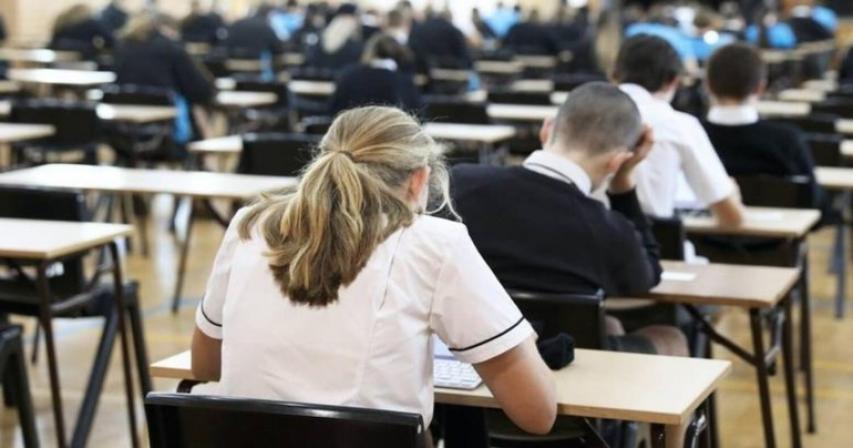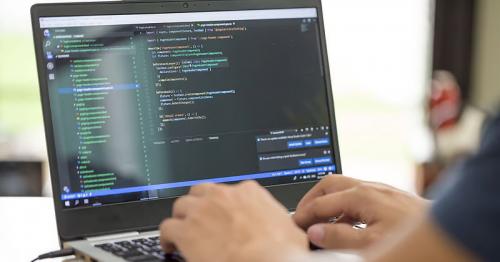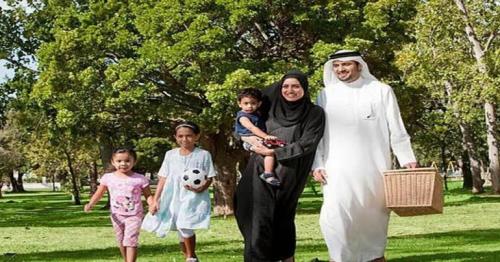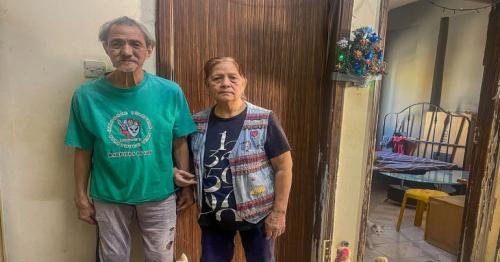No exams during Ramadan: Some UAE schools keep early assessments, use test scores

There will be no official exams in some UAE schools in Term 2 this year because the Holy Month of Ramadan will start sometime from 1 March (Islamic calendar is based on moon’s sighting, so dates can change).
Ramadan 2025 coincides with the term-end exams of the foreign curriculum schools and the third term exams of the Indian curriculum schools which are held between February and March.
Schools are adapting for Ramadan and make it easy for students to have their studies here.
Stephen Brecken, Principal/CEO, GEMS Cambridge International School – Dubai: "At our school, years 11 to 13 will have mock exams ahead of Ramadan. ‘For years 7 to 10, we decided in Year 7 and 10 we wouldn’t hold formal exams in Term 2 because of Ramadan.
"But we’ll be doing research-based learning projects and other class assessments to make up for not holding formal exams this term 2. It was already discussed with parents and the reaction to the decision has been very encouraging. All Term 3 exams will take place inside the school as normal," he said.
Principals remarked that institutions have been meticulously scheduling their exams in such a way as to disrupt no student’s academic progress and put their health above everything else.
Time of exam to depend on grade
"The exams will be organized and concluded before Ramadan for Grades 9 and 11 students in order to help them prepare for board examination," S Reshma, Principal- School Director Regent Gulf Indian High School Dubai, said. Grades 1-8: For grades 1–8, the tests will begin February 24, with adequate interludes for a good balance. There will be regular assessment for kindergarten as per normal as such timings are not affected by Ramadan hours."
The headteachers added that all exams conducted at this time will take place in regular school hours as per government regulations.
"Assesments are critical to student assessment and we believe they are very important for our students’ academic growth," she said. So we won’t cancel final term tests."
Teachers promised that they are always going to be there to help every child fulfil their potential, and care about their health during the holy month.
Amanda Murphy, Head of Secondary School – GEMS International School – Al Khail: "We know this is something that many of our Grade 11 and 12 families and students are worried about because Ramadan is coming early this year.
They told me that, when setting their calendar, they’ve considered the effect of having shorter school days over Ramadan so that they don’t disrupt tests too much. "Gr 12 mock exams, for instance, are expected to be complete by 21 February – so there is plenty of time for students to give it their best".
Other folks said the same, with the rest of the year groups tests are meant to be a regular part of the year. "This way teachers are able to plan Ramadan seamlessly, allowing students to be supported academically while still respecting the time of the year," she said.
Adapting syllabus
In the meantime, teachers and heads have understood the inconvenience of a shorter school day, and revised the curriculum to provide an integrated testing mechanism for preparation, when all official examinations for this term are postponed.
Kuki Tyagi, Principal/CEO, The Cambridge High School – Abu Dhabi, said: "For the students in Early Years (key stages 1, 2 and 3 and Year 10), there is no longer a single end-of-term exam, but continuous assessments such as projects, quizzes, end-of-unit assessments. Standardised tests for primary subjects will be administered before Ramadan and there is lots of formative testing in these classes".
"Term 2 mock tests for Year 11 and Year 13 students (who are sitting board exams) will go on as per usual, but timings may change slightly in the wake of Ramadan.
Institutions will offer more online support for students and intervention sessions for pupils who are struggling to pay attention in the daytime.
"Teachers are providing one-on-one help to students who need a little extra, especially for the high stakes exams. What we focus on is the wellbeing of our students and a rigorous course of study. Parents and children can approach their class teachers, pastoral heads, school counsellor, or school administration if there are any concerns or questions," Tyagi added.






Comments